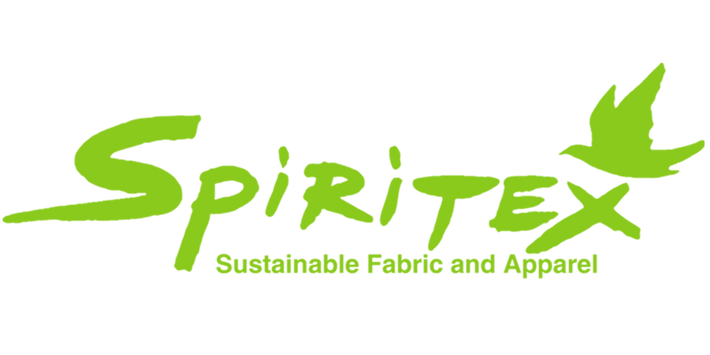The Texas Organic Growers Co-Op, Movers, shakers, and Organic Cotton Makers
Step one in our process begins with the fiber itself. Cotton in it's pure form, sourced from sustainable and ethical sources right here in the good ol' US of A. A lot of people don't actually know that once any organic crop is thrown in a shipping container, it's then sprayed with various pesticides and chemicals to protect the contents inside.
As stated in, Health risks in international container and bulk cargo transport due to volatile toxic compounds,published by the US National Library of Medicine, "To ensure the preservation and quality of the goods, physical (i.e. radiation) or chemical pest control is needed. The dark side of such consents may bear health risks in international transport and production sharing. In fact, between 10% and 20% of all containers arriving European harbors were shown to contain volatile toxic substances above the exposure limit values. Possible exposure to these toxic chemicals may occur not only for the applicators but also the receiver by off gassing from products, packing materials or transport units like containers."
This means that anything touting the name "organic" but is shipped from overseas is a mega misnomer. When discerning who is truly acting on the behalf of you the consumer and of the producers, please keep this information close. We can assure you that we do it right. We don't mess with anything that we can't visit with relative ease to ensure that our mission and vision for our own organization is correlatory to that of the producers within our supply chain.
As one of the first collective units to bring the United States organic cotton, founded in 1993, the TOMC has worked hard to grow soft and sustainable fibers that we're able to use, in good conscious, in the majority of our fabric and then apparel. They were doing it before organic was cool, just because they want to leave healthy land for generations to come. They were our first supplier of raw organic cotton by the bale and we still source over 95% of our cotton from them. We've enjoyed growing alongside them as people continue to become more conscious of the decisions they make in this world.
A little about the Cooperative:
"Texas Organic Cotton Marketing Cooperative (TOCMC) members produce the majority of the organic cotton grown in the United States. Founded in 1993, TOCMC is headquartered in Lubbock, Texas, and most of its members are located in the surrounding South Plains area.
This region of Texas, the heart of “the world’s largest cotton patch,” is well-suited to the production of organic cotton. Winter temperatures are cold enough to limit insect pressure and provide a hard freeze to defoliate the cotton plants prior to mechanical harvest. In addition, a sunny climate and quick-drying soils facilitate timely weed control.
The cooperative has approximately 40 producer members who plant 18-20,000 acres of organic and transitional cotton each year. In recent years, total annual production on these family farms has ranged from 11,000 to 17,000 bales. Since many of these farms have limited or no irrigation, yields are very rainfall dependent and vary significantly from year to year.
TOCMC and its members are certified organic under the United States Department of Agriculture National Organic Program (USDA-NOP). Each bale of cotton marketed by TOCMC is tracked from the field to the customer. Buyers can know the producer’s name and farm for each bale purchased.
USDA classing specifications are used to classify each bale of TOCMC cotton into different quality pools. Payments to producers are determined by the pool in which the bale falls, giving producers an incentive to grow the highest quality cotton possible. However, quality, like yield, is somewhat subject to weather conditions that are beyond the farmers’ control, resulting in some year-to-year variations in the percentage of the crop in each pool.
The quality pools are also the basis of TOCMC’s price structure. Customers receive bales from the pool containing cotton of the quality specifications they have requested and are charged the price related to that pool.
TOCMC members grow other organic crops including peanuts, wheat, corn, blue corn, milo, forage sorghum, soybeans, black-eyed peas, and watermelons. Also, the cotton seed, which is separated from the cotton fiber in the ginning process, is marketed to organic dairies for feed."
To learn more about the fabulous folks that work hard to bring you quality cotton while keeping the planet and all it's people in mind visit their website:
http://www.texasorganic.com/aboutus/aboutus.htm

